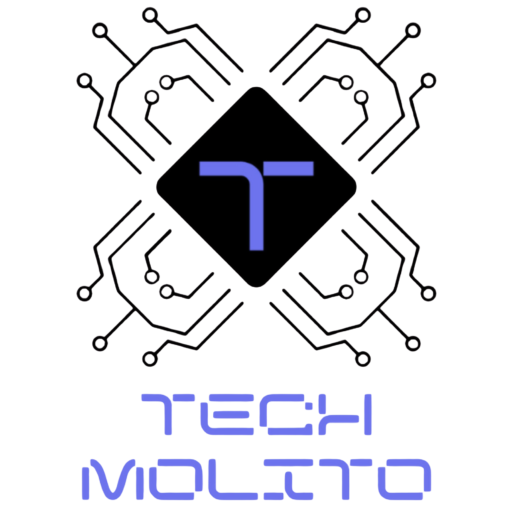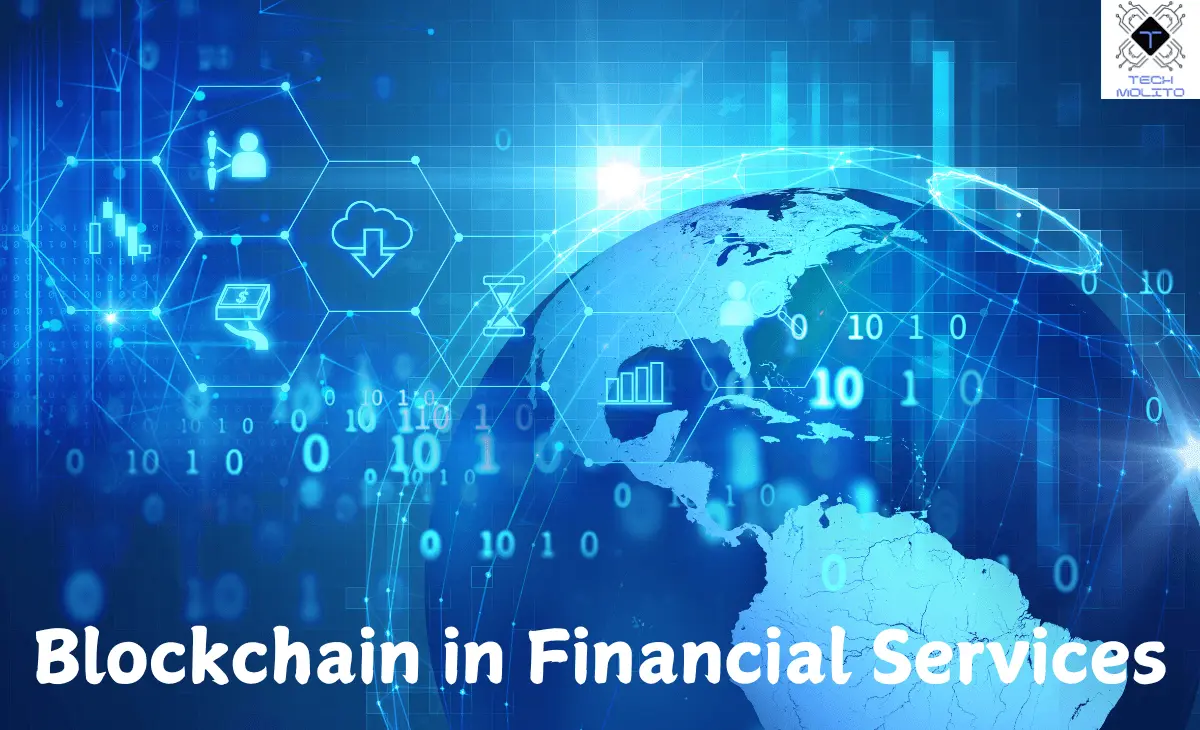In today’s world, most apps we use are controlled by a single company or organization. This centralized control means we rely on one group to manage our data, protect our privacy, and ensure the system works smoothly. But, what if we didn’t have to rely on a central authority?
That’s where decentralized apps, or DApps, come in.
Unlike traditional apps, DApps operate on a blockchain network, making them free from a single point of control. This shift is changing how we use and think about apps. Let’s dive into the details and see what decentralized apps are, how they work, and why they’re important for the future.
Understanding Decentralized Apps (DApps)
Decentralized apps, often called DApps, are applications that work on a blockchain or decentralized network. They are not run by one central entity but by a network of computers. These apps can’t be easily controlled or taken down by one group, giving users more control over their experience.
How DApps Work
DApps work through a few key parts. They use blockchain tech, which gives a safe and clear way to store data across many computers. DApps also use smart contracts, which are self-running programs that start when certain rules are met. Unlike regular apps, DApps do not need a middleman; users work straight with the app, keeping their data safe with them.

Why DApps Are Gaining Popularity
The rise of DApps isn’t just a trend; it’s a response to real problems with current apps. Centralized apps often face issues like data breaches, downtime, and censorship. DApps, by being decentralized, help solve these problems.
Benefits of DApps:
- Security: Since DApps are spread across a network, they are harder to hack.
- Transparency: The code and data in DApps are visible to everyone, promoting trust.
- No Middleman: DApps operate without a central authority, making them more user-focused.
Different Types of DApps
DApps aren’t limited to one kind of use. They span across many fields and industries, each bringing unique advantages. Let’s explore some popular types of DApps and how they’re transforming various sectors.
- Finance DApps (DeFi)
Finance is one of the main areas where DApps shine. DeFi (Decentralized Finance) DApps let users handle their money without needing a bank or traditional financial institution. We can lend, borrow, and trade directly with others.
- Gaming DApps
In gaming, DApps allow us to truly own in-game items. Unlike traditional games where the company controls everything, in DApp games, we can trade, sell, or keep our digital assets securely.
- Social Media DApps
Social media platforms like Facebook and Twitter control what we post and share. With social media DApps, we have control over our own content, and no central authority can censor or delete our posts.
- Supply Chain DApps
DApps in the supply chain industry help track goods from the factory to the store. This transparency ensures that products are authentic and sourced ethically.
Why Choose Decentralized Apps Over Regular Apps?
It’s easy to wonder why we should switch from the apps we already use. But there are clear reasons why DApps offer more value than traditional apps.
DApps vs. Regular Apps:
- Control: Regular apps are controlled by companies, while DApps are controlled by users.
- Censorship: Companies can shut down or censor regular apps, but DApps are resistant to this.
- Security: Data in regular apps is often stored in central servers, which can be hacked. DApps distribute data across a network, making it more secure.
Real-Life Examples of Decentralized Apps
Here are some real-life examples of popular decentralized apps (DApps) in use today. Uniswap is a DeFi app that lets users swap cryptocurrencies without a central exchange. Axie Infinity is a blockchain game where players can earn and trade digital pets.
Audius is a music platform that lets artists share their music straight with listeners. Lastly, Brave is a web browser that gives users rewards for viewing ads, letting them keep control of their own privacy.
Challenges of DApps
While DApps offer many perks, they are not without their flaws. There are several issues that need to be fixed as this tech grows and changes. One problem is complexity; many DApps are still not as user-friendly as regular apps, making it harder for some users to use them.
Another issue is speed; since DApps rely on a decentralized network, they can be slower than central apps, which may frustrate users. Lastly, adoption is still a problem; DApps are still new, and not all users know how to use them just yet.
How DApps Are Revolutionizing Industries
DApps are more than just a new kind of app, they are transforming entire industries. By removing the need for a central authority, DApps give power back to users, making systems more efficient, fair, and secure.
Finance Industry
DApps in finance (DeFi) allow us to manage our money without banks. We can lend, borrow, and trade directly, without fees from middlemen.
Gaming Industry
In gaming, DApps allow us to truly own in-game assets. Players can buy, sell, and trade their digital items without the game’s creator taking control.
Content Creation
DApps give content creators, like musicians and artists, a direct way to connect with their audience. This removes the need for a platform to distribute their work, giving creators more control and profit.
FAQs
1. What is the main advantage of DApps?
DApps offer more security and user control because they don’t rely on a central authority.
2. Do DApps need tokens to function?
Yes, many DApps use tokens to power their networks, which can be earned or bought by users.
3. Can DApps be used on smartphones?
Yes, many DApps are available as mobile apps and can be used on smartphones.
4. Are DApps safe from hacking?
DApps are more secure than regular apps because they are decentralized, meaning there is no single point of failure for hackers to exploit.
Conclusion
Decentralized apps, or DApps, are paving the way for a new era of technology. They provide users with more control, security, and transparency by operating on blockchain networks. As DApps continue to grow in popularity, we can expect them to impact more areas of our lives, from finance to gaming and beyond.
While there are still challenges to overcome, the future of DApps looks bright. They represent a shift towards a more decentralized and fair internet, where users have the power. The next time we think about how much control we have over our apps, it’s worth considering how DApps might change that for the better.





